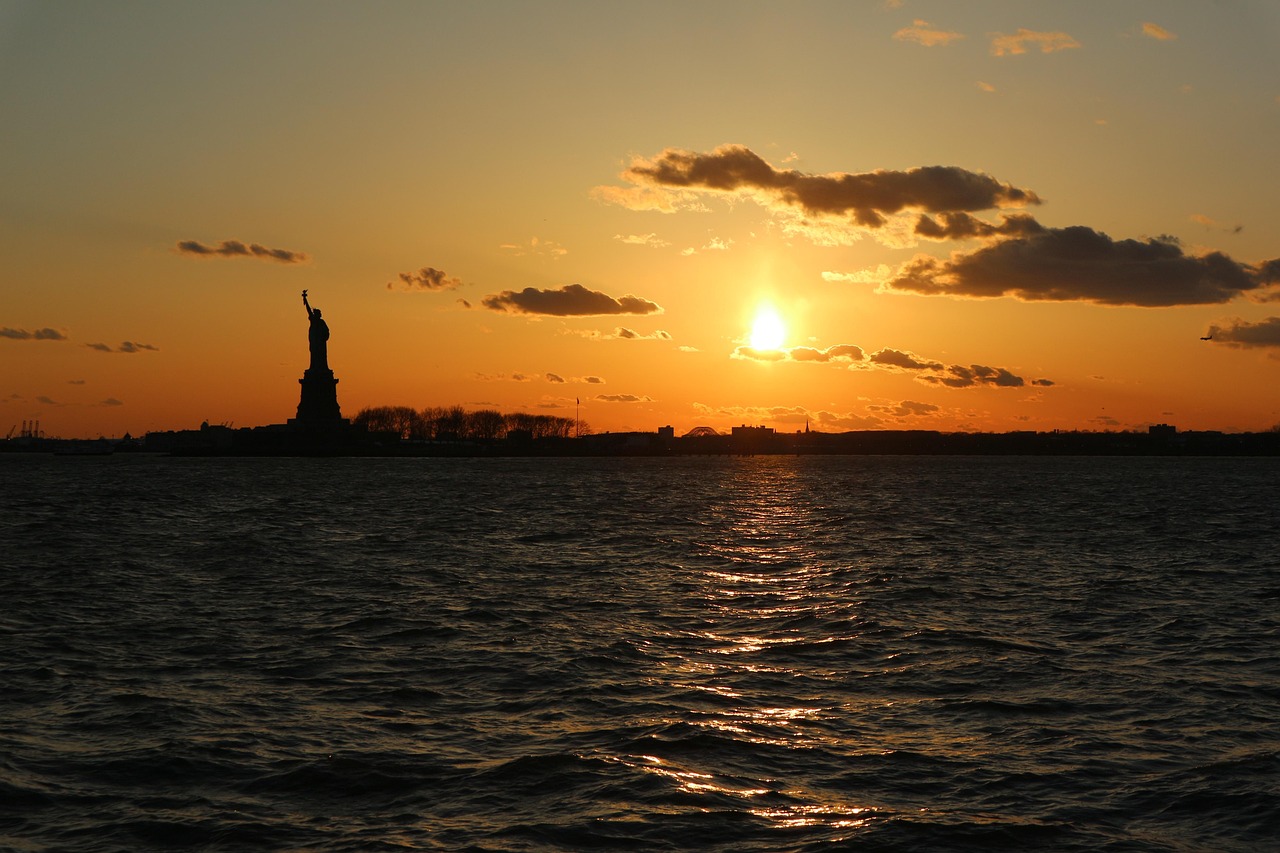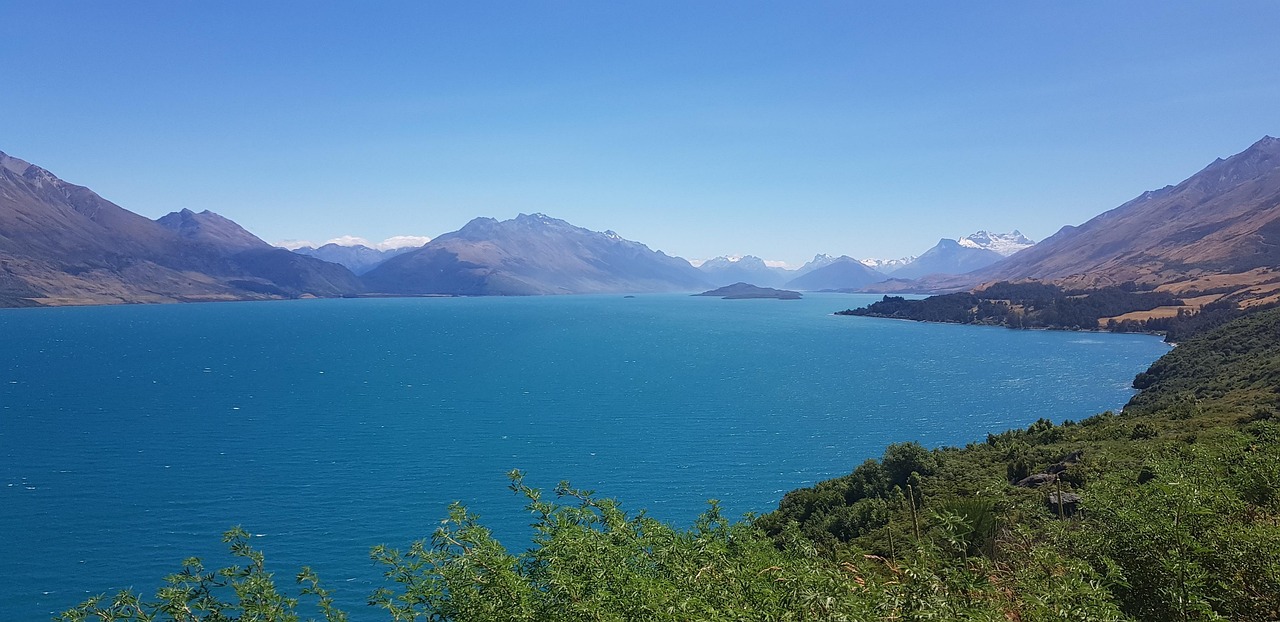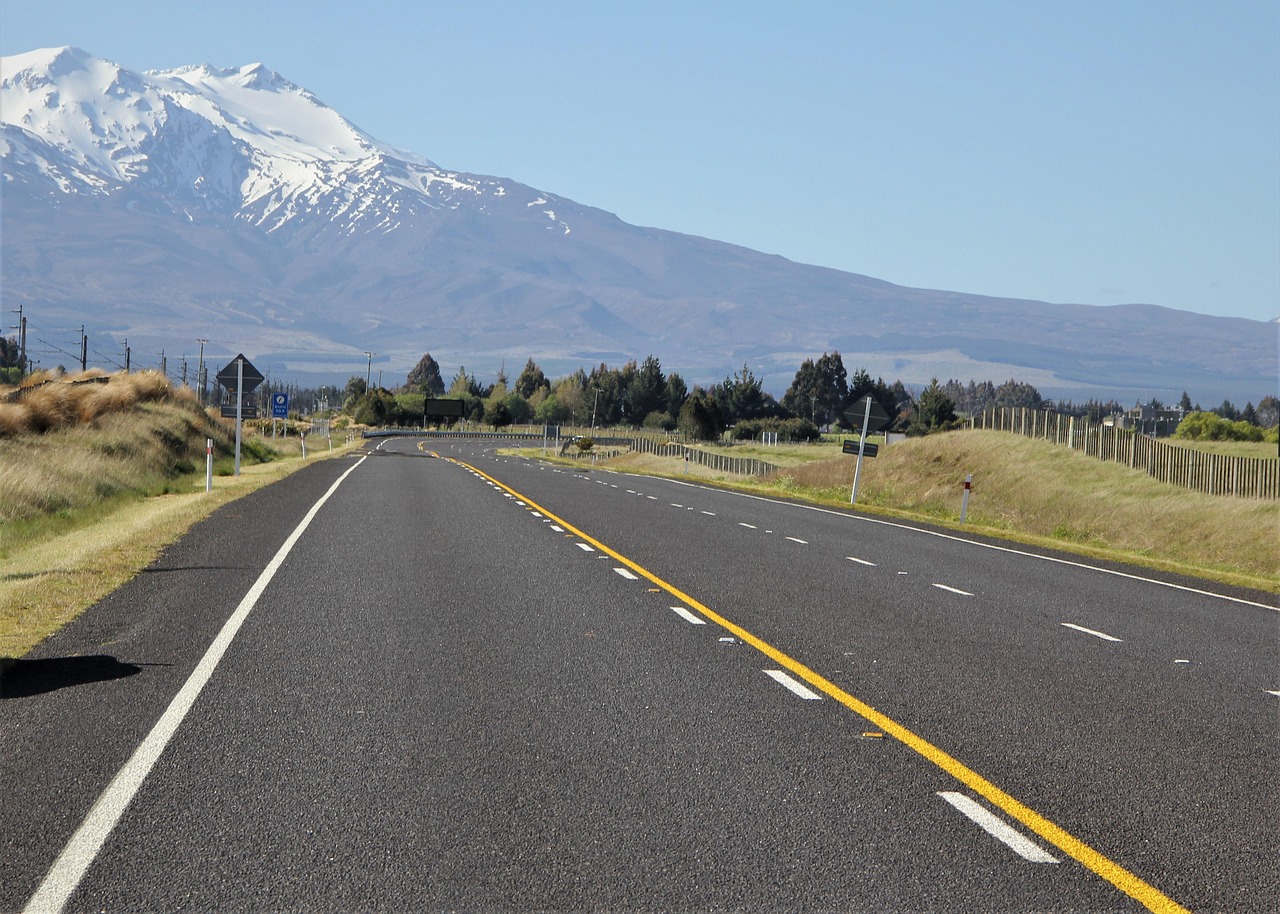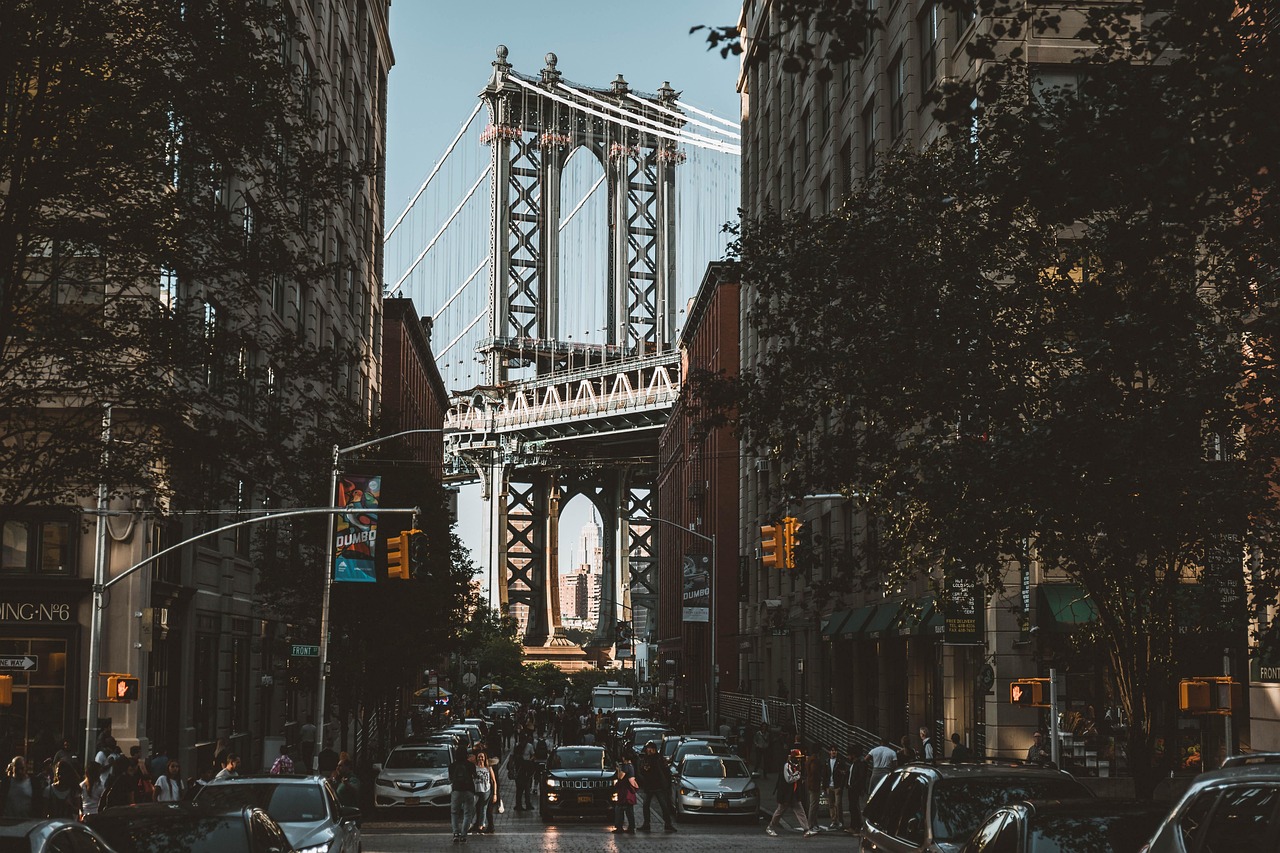
Exploring the New Travel Norms: How COVID-19 is Reshaping the Tourism Industry
The COVID-19 pandemic has transformed the global landscape in countless ways, and the tourism industry is no exception. As the world gradually reopens, travelers and industry professionals are navigating a new set of norms and expectations. This shift is not merely a temporary response but is shaping a new era in travel. In this post, we’ll delve into how COVID-19 is reshaping the tourism industry and explore what travelers can expect in the coming years.
The Rise of Domestic Tourism
With international travel restrictions and quarantine measures in place, many people are opting for vacations closer to home. This rise in domestic tourism has provided a much-needed boost to local economies. For instance, regions that typically rely on international visitors are now seeing an influx of domestic travelers eager to explore their own backyards.
Countries like Japan and Australia have seen significant increases in domestic travel as locals seek to experience the beauty and culture of their homelands. This trend is likely to continue, encouraging the development of infrastructure and services tailored to domestic tourists.
Enhanced Health and Safety Protocols
Health and safety have become paramount in the tourism industry. Airlines, hotels, and attractions are implementing rigorous cleaning protocols and safety measures to reassure travelers. This has led to the emergence of new health standards that are likely to persist post-pandemic.
For example, many airlines now require passengers to wear masks and have enhanced their air filtration systems. Similarly, hotels are adopting contactless check-in and checkout procedures to minimize physical interaction. These measures not only protect guests but also help restore confidence in traveling.
Technology’s Role in Transforming Travel
Technology is playing a crucial role in reshaping the travel experience. From virtual tours to digital health passports, technology is helping to make travel safer and more convenient. The use of digital health solutions is expected to grow, enabling travelers to verify their health status easily and securely.

Moreover, the pandemic has accelerated the adoption of AI and machine learning to personalize travel experiences. These technologies allow companies to better understand consumer preferences and offer tailored recommendations, enhancing the overall travel experience.
The Shift Towards Sustainable Tourism
As travelers become more conscious of their environmental impact, the demand for sustainable tourism is rising. The pandemic has provided an opportunity for the industry to rethink and prioritize sustainability. Destinations are being encouraged to adopt eco-friendly practices and promote responsible tourism.
For instance, initiatives such as Responsible Travel are gaining traction, urging both travelers and businesses to consider their environmental footprint. This shift towards sustainability is expected to lead to more eco-friendly accommodations and environmentally conscious travel options.
The Emergence of “Workcations”
The pandemic has blurred the lines between work and leisure, leading to the rise of “workcations.” With remote work becoming more prevalent, many people are choosing to work from scenic destinations, combining productivity with relaxation.
This trend is encouraging hotels and resorts to offer packages that cater to remote workers, providing amenities such as high-speed internet and dedicated workspaces. As companies become more flexible with remote work policies, the concept of workcations is likely to continue growing in popularity.
Challenges and Opportunities Ahead
While the tourism industry is adapting to new norms, it also faces significant challenges. The uncertainty surrounding travel restrictions and the potential for future outbreaks can deter travelers. However, this also presents opportunities for innovation and resilience.
The industry must remain agile and responsive to changes, embracing new technologies and sustainable practices. By doing so, it can rebuild stronger and more resilient than before, ensuring a brighter future for travel.

Conclusion: The Future of Travel
The COVID-19 pandemic has undeniably reshaped the tourism industry, introducing new norms and expectations that are here to stay. From the rise of domestic tourism and enhanced health protocols to the integration of technology and sustainability, these changes are paving the way for a more resilient and dynamic travel landscape.
As we look to the future, the industry must continue to innovate and adapt, embracing these new norms to create a safe and sustainable travel experience. Travelers, too, have a role to play by staying informed and making conscious choices that support this evolving landscape. Together, we can navigate this new era of travel with confidence and optimism.
Traveler Behavior and Expectations
As the tourism industry adapts to these new norms, traveler behavior and expectations are also evolving. Travelers are more cautious and informed, placing a premium on flexibility and transparency. The ability to change or cancel bookings without penalty is increasingly important, and businesses that offer these options are likely to gain a competitive edge.
Moreover, there is a growing demand for personalized experiences, as travelers seek unique and meaningful journeys. This has encouraged the development of niche markets, such as adventure travel and cultural immersion experiences, where travelers can engage deeply with their surroundings.
The Importance of Communication and Trust
In this new travel landscape, effective communication and trust are paramount. Travelers are seeking reassurance and clear information regarding health and safety protocols. Businesses that communicate openly and transparently about their measures and policies will likely foster greater trust and loyalty among their clientele.
For example, airlines and hotels that update their customers with timely information about any changes in restrictions or safety guidelines can enhance their reputation and customer satisfaction. The World Tourism Organization has emphasized the importance of maintaining open lines of communication to support the industry’s recovery.
Redefining Travel Marketing Strategies
The shifts in traveler behavior and expectations necessitate a reevaluation of marketing strategies within the tourism industry. Marketing campaigns are increasingly focused on safety, flexibility, and personalized experiences. Digital marketing has become more crucial than ever, with social media and online platforms serving as key channels for reaching potential travelers.

Storytelling has emerged as a powerful tool, allowing brands to connect emotionally with their audience and inspire wanderlust despite current travel limitations. By highlighting authentic experiences and local cultures, destinations can differentiate themselves and attract a more engaged audience.
The Role of Governments and Policy Makers
Governments and policymakers play a critical role in the recovery and transformation of the tourism industry. Implementing supportive policies and providing financial assistance can help businesses weather the challenges posed by the pandemic. Moreover, international cooperation is essential to establish standardized travel protocols and facilitate safe cross-border travel.
Initiatives such as travel bubbles and corridors, which allow for quarantine-free travel between certain countries, are examples of how governments can collaborate to revive international tourism. These efforts, supported by organizations like the International Air Transport Association, are vital for rebuilding traveler confidence and promoting global mobility.
Preparing for Future Challenges
The tourism industry’s experience with the COVID-19 pandemic underscores the need for preparedness in facing future challenges. Businesses must develop contingency plans and invest in crisis management strategies to respond effectively to unforeseen events.
Building resilience through diversification is another critical strategy. By exploring new markets and product offerings, tourism businesses can reduce dependency on specific segments and better withstand economic fluctuations.
Final Thoughts: Embracing the New Travel Norms
As the tourism industry continues to navigate the aftermath of the COVID-19 pandemic, embracing the new travel norms is essential for recovery and growth. While the road ahead may be challenging, it is also filled with opportunities for innovation and reinvention.
By prioritizing health and safety, leveraging technology, and fostering sustainable practices, the industry can create a more resilient and vibrant future. As travelers, we have the power to support these efforts by making informed choices and embracing the possibilities of this new travel landscape.

Ultimately, the pandemic has reminded us of the importance of connection, exploration, and understanding. As we move forward, let us cherish the opportunity to discover the world anew, with a deeper appreciation for the people and places that make our journeys meaningful.
Innovation in the Accommodation Sector
In response to the ongoing pandemic, the accommodation sector has been a hotbed of innovation. Hotels and vacation rentals are exploring new ways to enhance guest experiences while ensuring safety and comfort. The integration of smart technology, such as keyless entry and in-room voice assistants, is becoming more prevalent, providing guests with a seamless and contactless experience.
Moreover, the design and layout of accommodations are being reconsidered to promote social distancing. Outdoor spaces are being utilized to their fullest potential, offering guests a safe and pleasant environment to relax and dine. This trend towards more open and flexible spaces is likely to persist, shaping the future of hospitality design.
Reimagining Group Travel and Events
The group travel and events sector has been significantly impacted by the pandemic, with restrictions on gatherings and corporate travel. However, this challenge has led to new approaches and concepts. Hybrid events, which combine in-person and virtual elements, are emerging as a popular solution to reach a wider audience while adhering to safety protocols.
As companies and event organizers adapt to this new format, there is an opportunity to create more inclusive and engaging experiences. By leveraging digital tools and interactive platforms, events can offer personalized content and networking opportunities, enhancing participant engagement and satisfaction.
Supporting Local Communities Through Tourism
The shift towards local and sustainable tourism is providing an opportunity to support and empower communities. Travelers are increasingly interested in experiences that connect them with local cultures and contribute positively to the destinations they visit. This trend encourages businesses to collaborate with local artisans, farmers, and guides, fostering economic development and cultural preservation.

Initiatives such as community-based tourism projects can provide unique and authentic experiences that benefit both travelers and residents. By prioritizing ethical and responsible tourism practices, the industry can play a pivotal role in promoting social and economic well-being.
The Changing Landscape of Travel Insurance
The pandemic has heightened awareness of the importance of travel insurance. Travelers are now seeking comprehensive coverage that includes protection against COVID-19-related disruptions. Insurance providers are responding by offering policies that cover medical expenses, trip cancellations, and quarantine costs, providing travelers with peace of mind.
As the industry evolves, there is a growing emphasis on flexibility and adaptability in insurance offerings. Travelers are looking for policies that can be easily modified or canceled, reflecting the uncertain nature of the current travel environment.
The Long-Term Outlook for the Tourism Industry
Despite the challenges posed by the pandemic, the long-term outlook for the tourism industry remains optimistic. As vaccination efforts continue and travel confidence rebuilds, there is potential for a robust recovery. The industry is poised to emerge stronger, with a renewed focus on sustainability, innovation, and resilience.
By embracing these changes and adapting to new traveler expectations, the tourism industry can create a more sustainable and inclusive future. As we look ahead, there is an opportunity to redefine what travel means and how it can contribute positively to our world.
Conclusion: A New Dawn for Travel
The COVID-19 pandemic has reshaped the tourism industry in profound ways, presenting both challenges and opportunities for growth and transformation. As we continue to navigate this new landscape, the industry’s ability to adapt and innovate will be crucial for its recovery and success.
Travelers and industry professionals alike have a role to play in embracing the new norms and fostering a more sustainable and responsible approach to travel. By prioritizing health, safety, and the well-being of local communities, we can create a travel experience that is not only enjoyable but also meaningful and impactful.
As we embark on this journey towards a new dawn for travel, let us remain hopeful and inspired by the possibilities that lie ahead. Together, we can build a tourism industry that is resilient, vibrant, and ready to meet the challenges of the future with confidence and optimism.





